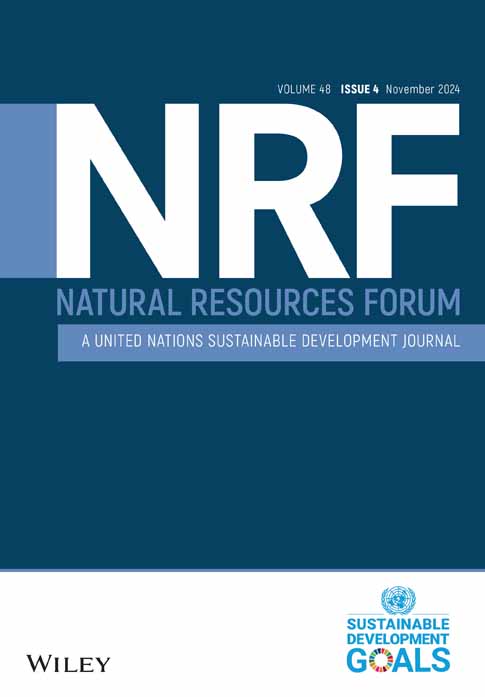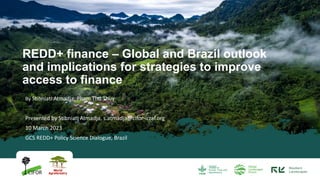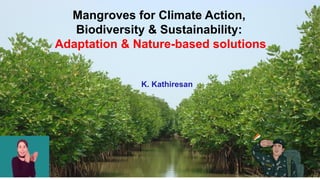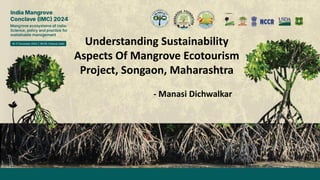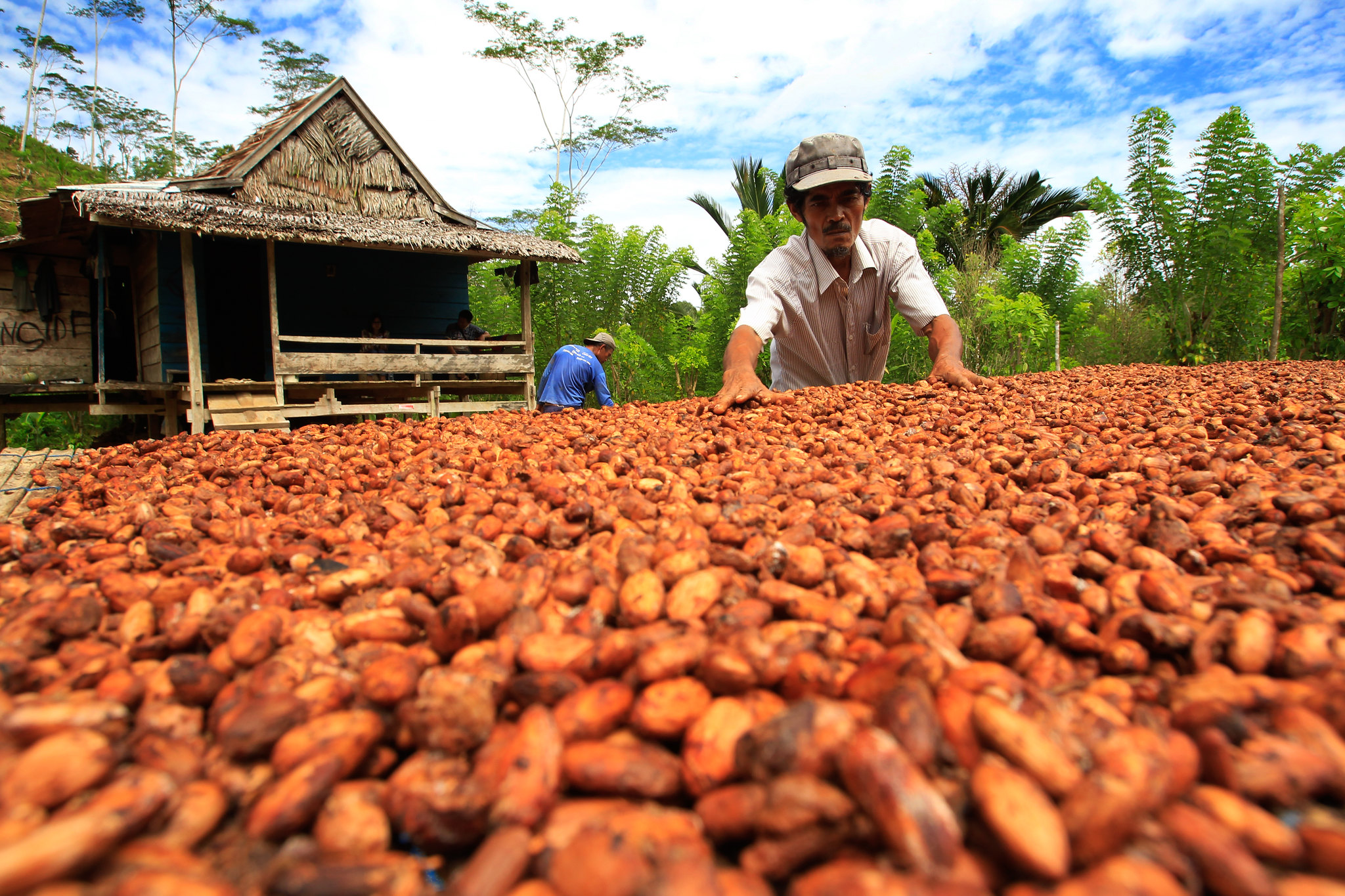Global heating is already leading to more and more destructive weather events and changes in weather and rainfall patterns that make planning for agriculture, forestry and resource management a serious challenge.
CIFOR-ICRAF and CIFOR Germany gGmbH aim to help mitigate climate change by helping to keep trees in the ground and to increase tree cover. Through our work on agroforestry, REDD+ (reducing emissions from deforestation and forest degradation), bioenergy, wetlands and blue carbon, we support the development and implementation of effective and equitable climate change policies and measures that reduce greenhouse gas emissions.
Forests and trees are important safety nets for communities: many forest products are more resilient to climate variability and extremes than crops, and mangroves help reduce risks from cyclones and sea-level rise. Critically, trees on farms reduce local temperatures, modulate water flow and continue to yield products during times of scarcity. Our approach to climate change adaptation focuses on nature-based solutions, as well as risk management to support decision making that increases the resilience of land and development investments.
We are also researching ways to promote win-win outcomes for climate-smart agriculture and forests, to strengthen both our food systems and forest landscapes in the face of climate change. Through techniques like mulching, intercropping, agroforestry and better water management, along with better weather forecasting, climate-smart agriculture aims to increase food security and farm incomes, lower agricultural emissions and build resilience to climate stress and shocks.
Finally, we have started working on bioeconomy solutions. Leveraging multi-sector collaboration for creating bioeconomy solutions represents an ‘overlooked’ pathway to reduce greenhouse gas emissions, conserve biodiversity, and create equitable jobs and prosperity at global scale. Our Transformative Partnership Platform brings together key stakeholders from public and private sectors and civil society to achieve such transformational change (https://www.cifor.org/cbe).
Contact us
Climate change: Fast facts






















